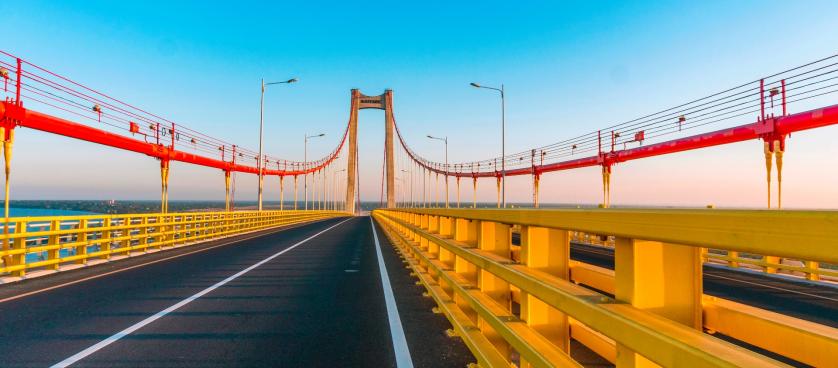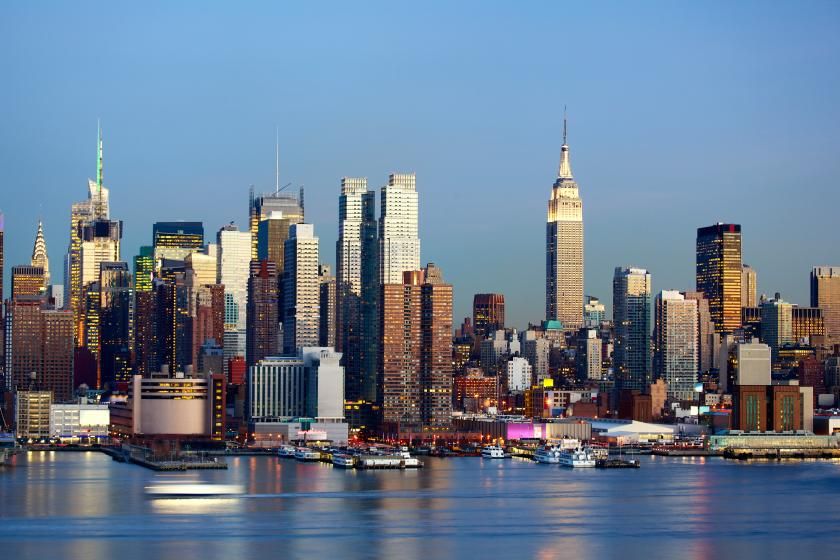Although protests can occur in various contexts, they broadly reflect public dissatisfaction with issues such as poor governance, corruption, social inequality, lack of employment opportunities, rising living costs, and ineffective public policies.
Context of Protests in Mozambique
- Social and Economic Inequality: Mozambique faces a significant disparity between wealthy and underprivileged populations. Despite being a resource-rich country, many citizens continue to live in extreme poverty, without access to basic goods and clean water. The lack of access to essential services such as healthcare, education, and infrastructure has fueled dissatisfaction, leading to popular rebellions.
- Corruption: Corruption is a structural problem in Mozambique, affecting both the public and private sectors. Numerous cases involving government officials and other leaders have caused public outrage. The lack of transparency and accountability has further fueled distrust and diminished public confidence in institutions.
- Political Instability: Mozambique has faced challenges regarding political stability, with tensions between the government and the opposition, as well as armed conflicts, such as the ongoing insurgency in the northern region since mid-2016. The lack of dialogue and frequent marginalization of opposition groups have prompted protests as a way to express dissatisfaction with the political situation, notably from October 2024 to January of this year.
- Unemployment and Lack of Opportunities: The unemployment rate, particularly among young people, is high in Mozambique. This has motivated many young individuals to protest against government policies that they believe fail to create meaningful job opportunities or improve living conditions.
It is worth noting that Mozambique has one of the largest youth populations on the African continent, with a significant proportion of individuals aged between 15 and 24 years. This means that approximately 60% of the country's population is young, representing both an opportunity and a challenge, depending on policies and investments in education, healthcare, and employment for this age group. The large number of young people also places pressure on the labor market, education, and the nation's social conditions.
Effects of Protests
- Social Mobilization and Increased Awareness: Protests often reflect growing interest in political life and aim to ensure respect for fundamental rights, duties, and freedoms. They can broaden public debate on issues such as corruption, human rights, and democracy. Additionally, protests can strengthen civil society and encourage greater political participation.
- Repression and Human Rights Violations: In some instances, protests in Mozambique have been met with repression by police forces. There have been cases of excessive use of force, arbitrary arrests, and gross violations of protesters' rights by police and rapid intervention units ("UIR"). Such disproportionate repression tends to exponentially increase social tension and public distrust of the government.
- Political Changes and Reforms: Protests can pressure the government to adopt reforms in economic, social, or political areas. Although the effects may not be immediate, in some cases the government has been forced to review policies and governance practices to address social demands and popular unrest, thereby avoiding greater instability.
- Social Division: In certain cases, protests exacerbate social and political divisions, with the increasing polarization of Mozambican society. Pro-government groups often strongly oppose protests, leading to internal tensions.
- Economic Impact: Protests have had adverse effects on the economy, especially when they occur on a large scale. Trade has faced constant disruptions, and tourism has seen a sharp decline, severely damaging the country's international image. Nonetheless, protests can also lead to changes that, in the long run, promote greater economic stability and the long-delayed, constitutionally mandated social justice.
Impact of Protests and Looting on the Investment Environment in Mozambique
- Investor Distrust: Social instability and violence associated with protests can reduce investor confidence, resulting in a lack of new investments or a reduction in the renewal and/or expansion of ongoing projects.
- Risk Assessment: Foreign investors often reassess the risks associated with investments in areas affected by social unrest, which consequently leads to higher interest rates and less available capital for investments in the country.
- Impact on the Local Economy: Looting and protests cause significant damage to infrastructure and commercial operations, affecting the production and distribution of goods and services, which in turn results in lost sales and economic slowdown.
- Operating Costs: Increased costs for security, insurance, and other measures to protect assets and operations compromise profitability and discourage new investments.
- Long-Term Impact: Persistent protests may lead to structural changes in the economy, affecting key sectors and potentially paralyzing the industrial sector and its support areas.
- Government Measures: Initiatives such as legislative reforms or the creation of new laws and policies to restore public order and regain public trust may mitigate some of the negative impacts of protests. However, the effectiveness of these measures will always depend on the political and social situation.
Which protections are offered by the Private Investment Law, Regulation, and BITs in Mozambique in a Context of Political-Social Conflicts?
Protests and looting in Mozambique can significantly impact investment in the short and medium term. Social instability and insecurity may deter investors, increase operating costs, reduce confidence in the business environment, damage infrastructure, and disrupt economic activities, resulting in economic slowdown and reduced foreign capital inflows.
In terms of the protections provided by the Private Investment Law and Regulation, as well as the Bilateral Investment Protection and Promotion Agreements (BITs), Mozambique offers several guarantees for investors, including:
- Fair and Equitable Treatment:Current legislation and BITs ensure that foreign investors receive fair and equitable treatment, meaning the Mozambican government cannot arbitrarily discriminate or harm foreign investments, even during political or social instability. This legal provision protects investors against expropriation without adequate compensation.
- Protection Against Expropriation: Even in scenarios of conflict or political instability, legislation and BITs generally prohibit the expropriation of foreign investors (i.e., their properties or investments cannot be confiscated) without due legal process and subject to fair compensation proportional to the value of the investment.
- Dispute Resolution Mechanisms: Should foreign investors face difficulties, such as regulatory changes or government actions negatively affecting their investments, BITs establish appropriate dispute resolution mechanisms (often through international arbitration). This provision ensures an alternative to local justice, which may be affected by political or social instability.
- Fund Transfer Guarantees: Investment, foreign exchange legislation, and BITs guarantee that investors can transfer profits, dividends, and other revenues back to their home countries, even in contexts of political instability. This guarantee provides financial security, even during internal crises.
- Regulatory Predictability and Stability: BITs, in particular, seek to ensure that investors can operate with predictability and stability concerning the country's laws and regulations, preventing sudden changes that could be detrimental to investment, especially during conflicts.
- Access to International Arbitration: In crisis situations where national dispute resolution mechanisms may be ineffective or biased, most BITs offer investors the option of resolving disputes through international arbitration. This guarantee ensures that investors have access to an impartial solution, regardless of political or social instability in the country.
Conclusion:
The civil liability of the Mozambican State in cases of protests and looting affecting investors and other economic agents will necessarily depend on factors such as the State's role in maintaining public order, the causal link between the State's omission and the resulting damages, and the practical application of constitutional and legal norms that protect investors' rights in the country.
In summary, protests and looting have the potential to deeply impact the investment and business environment in Mozambique, especially if immediate and effective actions are not taken to restore stability and public confidence.






